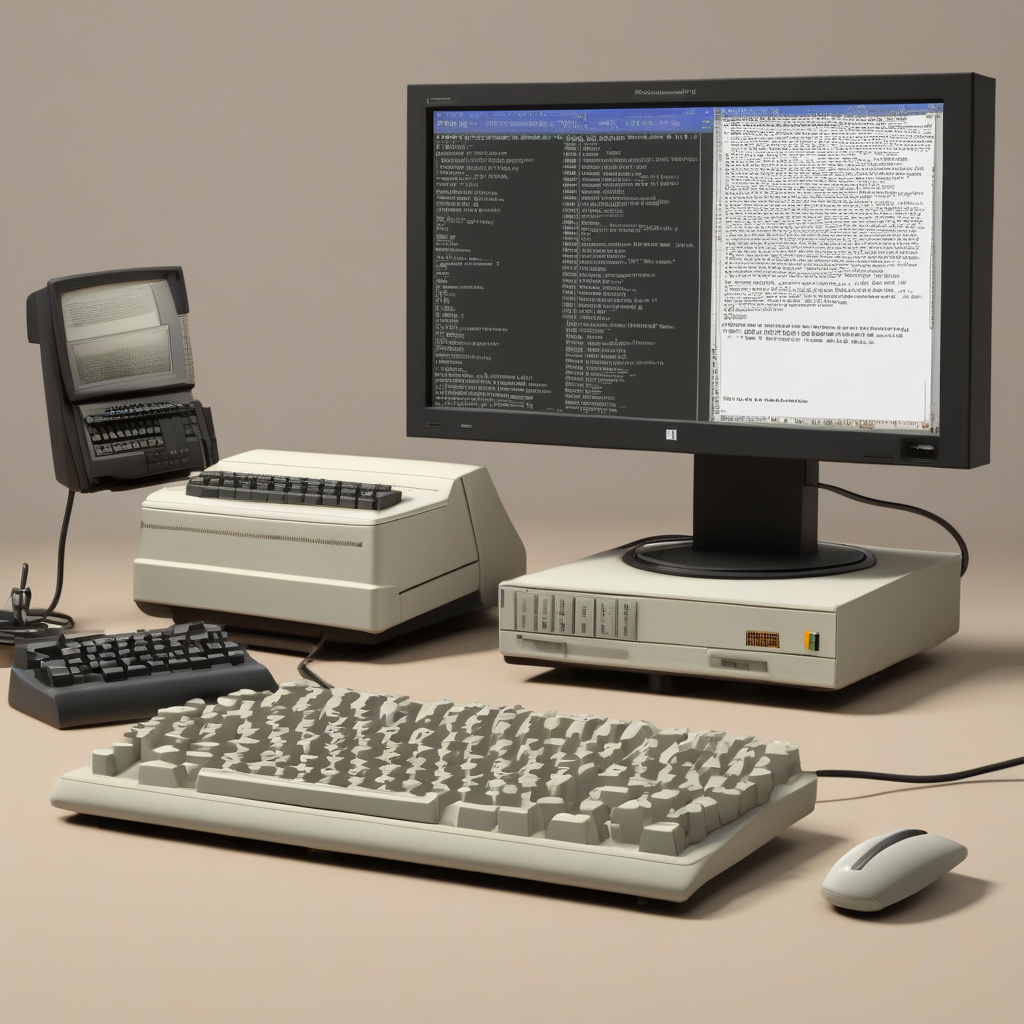Microsoft Revives Classic Text Editor from 1991: A Nostalgic Throwback with Modern Enhancements
In the realm of computing history, MS-DOS 5.0 holds a significant place, released in 1991 with a standout feature – the MS-DOS Editor. This text editor quickly garnered a loyal following among users for its simplicity and functionality. Fast forward to today, Microsoft has pleasantly surprised tech enthusiasts by resurrecting this classic in the form of “Edit,” as reported by Ars Technica.
Compared to its predecessor, Edit boasts several enhancements, with standout features including robust support for Unicode. Gone is the 300-kilobyte file size limit, now allowing users to effortlessly manipulate gigabyte-sized files with ease. This modern iteration of the beloved text editor was crafted using the Rust programming language and is proudly built upon open-source code, as detailed on the Microsoft Command Line blog.
One of the most exciting aspects of this revival is Edit’s platform flexibility. Unlike its ancestor, Edit is not confined to Windows; it operates seamlessly on macOS and Linux, offering users a cross-platform text editing solution. If you’re itching to experience a blast from the past with a contemporary twist, Edit is readily accessible for download on Github.
The revival of Edit not only pays homage to computing history but also showcases Microsoft’s commitment to embracing open-source initiatives and catering to a diverse user base. This resurrection bridges the generational gap, allowing seasoned users to relive nostalgic moments while introducing a new generation to the roots of text editing software.
With Edit, users can enjoy a seamless text editing experience, blending the simplicity of the past with the power of modern technology. The removal of file size constraints and the embrace of Unicode support are clear indicators of Edit’s evolution to meet the demands of today’s tech-savvy users.
In conclusion, Microsoft’s revival of the MS-DOS Editor through Edit is a testament to the timelessness of classic software. By infusing it with contemporary features and making it open-source and platform-agnostic, Microsoft has not only revived a beloved text editor but also sparked a wave of nostalgia and innovation in the tech community. Whether you’re a seasoned user reminiscing about the good old days or a newcomer exploring the roots of text editing, Edit is a delightful blend of nostalgia and modernity that’s worth exploring.

